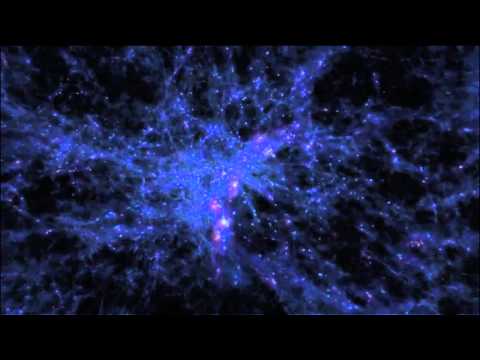The Search for Dark Matter: How Scientists Are Making Progress
Dark matter has long been one of the biggest mysteries in the field of astrophysics. Although it makes up about 27% of the universe, its existence has never been directly observed. Scientists have been searching for dark matter for decades, using a variety of methods and technologies to try and unlock its secrets.
One of the most popular theories about dark matter is that it is made up of a type of particle that interacts very weakly with other matter, making it extremely difficult to detect. This has led scientists to develop a number of experiments designed to catch a glimpse of these elusive particles.
One of the most well-known experiments in the search for dark matter is the Large Hadron Collider (LHC) at CERN. The LHC is the world’s largest and most powerful particle accelerator, capable of smashing protons together at nearly the speed of light. Scientists at CERN are hoping that by creating high-energy collisions, they will be able to produce dark matter particles and observe their interactions.
Another experiment that has been gaining attention in recent years is the Cryogenic Dark Matter Search (CDMS), which is located deep underground in a former mine in Minnesota. The CDMS uses ultra-sensitive detectors that are chilled to near absolute zero in order to search for the faint signals of dark matter particles passing through the Earth.
In addition to these large-scale experiments, scientists are also exploring other avenues in the search for dark matter. Some researchers are studying the effects of dark matter on the formation and evolution of galaxies, while others are looking for indirect evidence of dark matter through its gravitational effects on light and other matter.
Despite the progress that has been made in recent years, the search for dark matter is far from over. Scientists continue to push the boundaries of technology and explore new ideas in the hopes of finally solving this cosmic mystery.
As our understanding of the universe continues to grow, the discovery of dark matter would be a monumental achievement, shedding light on the nature of the cosmos and unlocking new possibilities for scientific exploration. And with each new experiment and discovery, scientists are getting closer to unraveling the secrets of this enigmatic substance.













